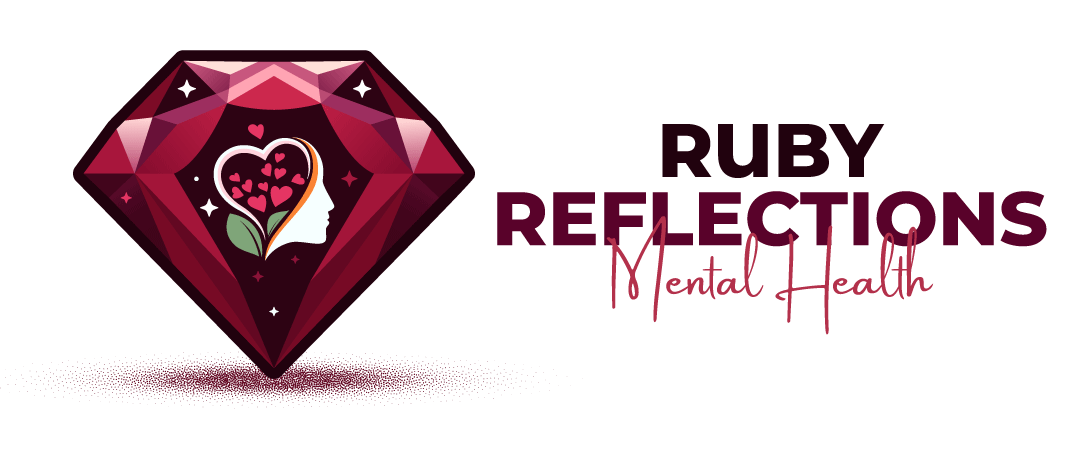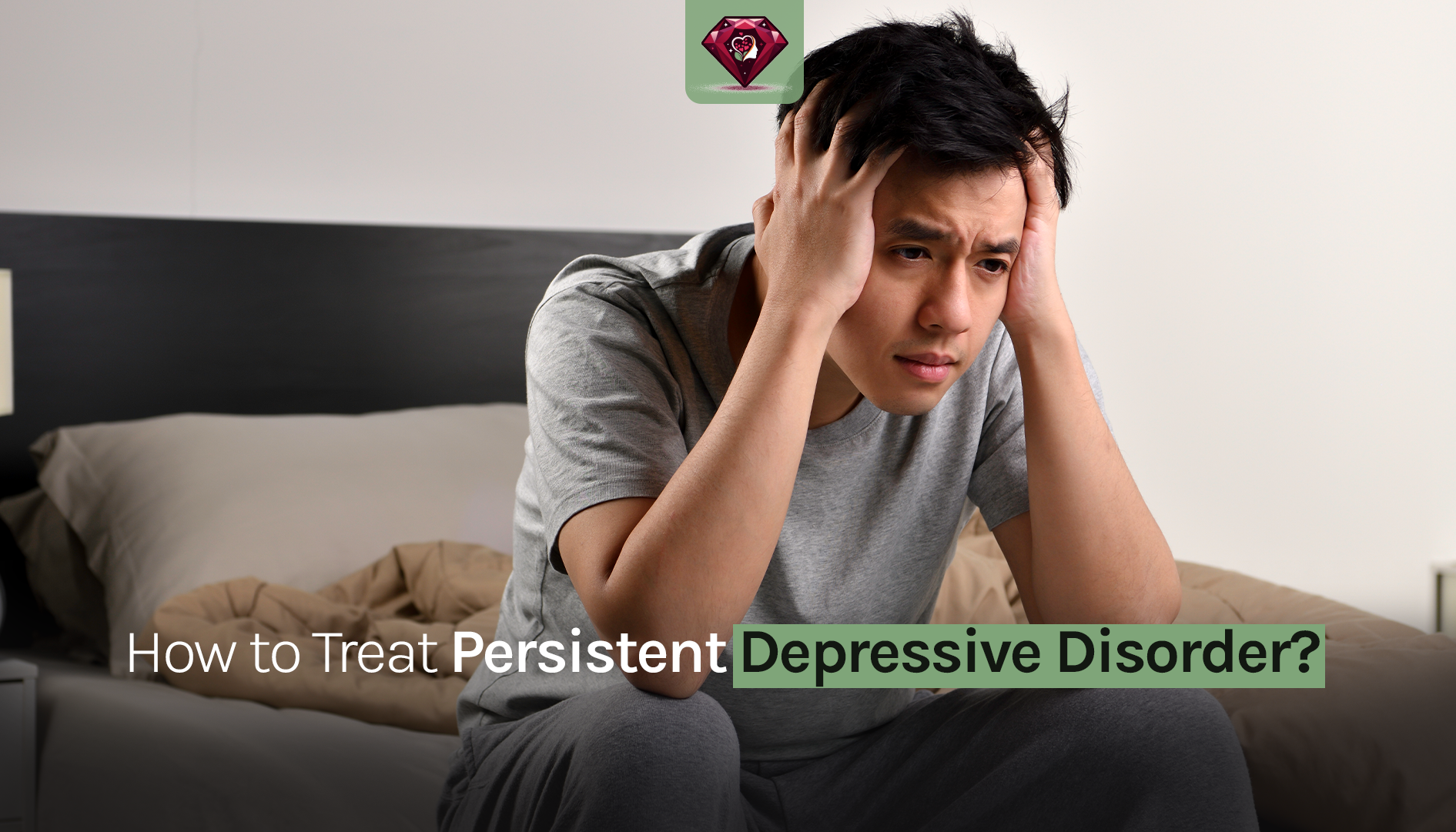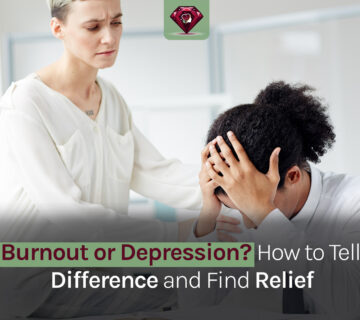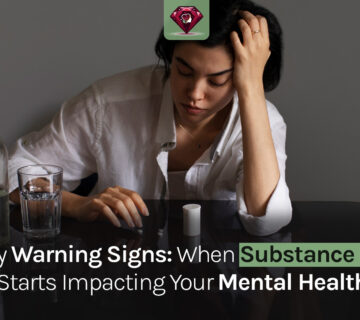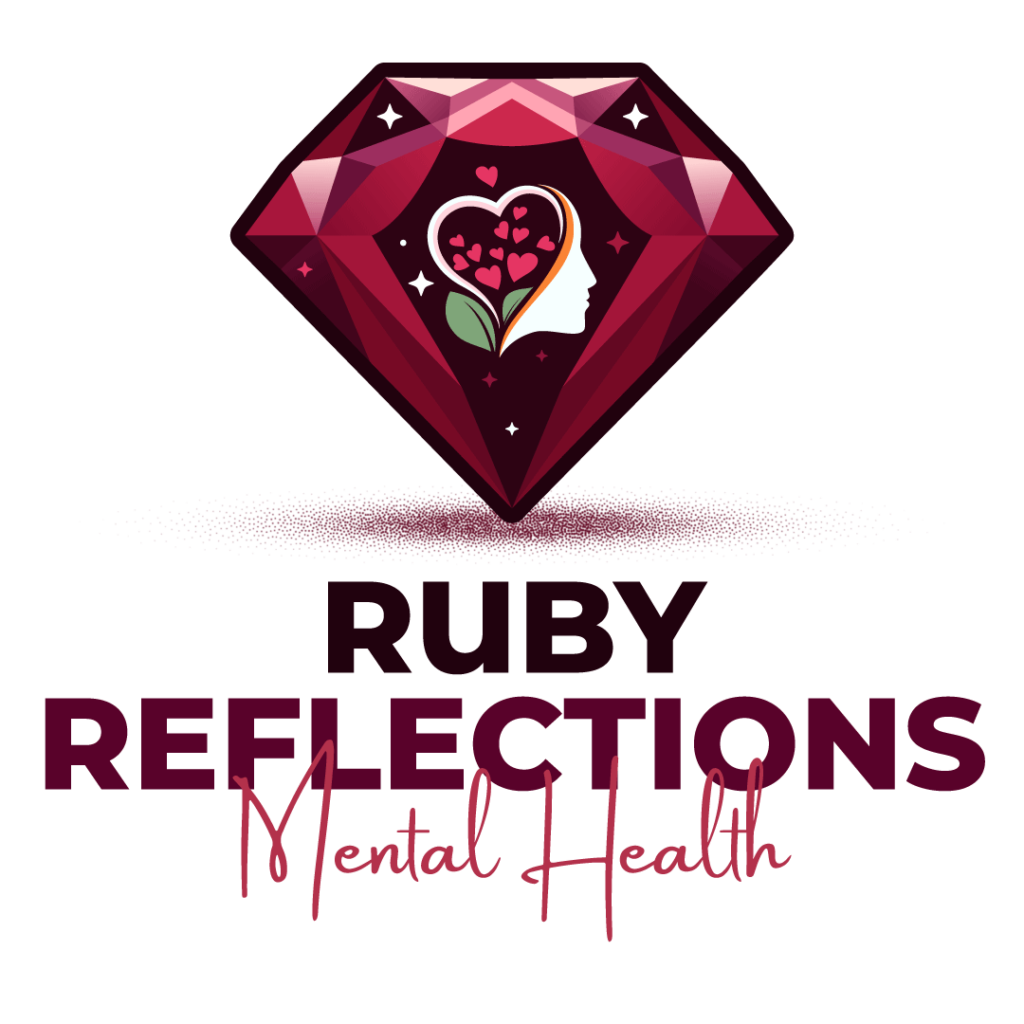Perhaps there is something particular about persistent depressive disorder that is difficult to explain.
It’s not the acute, crippling feeling of sadness that most people believe depression to entail.
Rather, it feels like nothing really is vibrant, everything feels somewhat dull, and just out of reach.
After months or years of feeling this way, you may have even talked yourself into believing that this is something that you just have to accept about yourself.
However, persistent depressive disorder, or PDD, is a legitimate disorder. It affects approximately 2.5% of US adults at some point in their lives.
Looking at the Pattern
PDD can slowly creep into your everyday life so that you eventually consider it your new normal. You may observe:
- Energy that never seems to quite come back, no matter how much you sleep
- The feeling that happiness is too hard to come by
- Unnecessarily complicated decision-making
- A silent and persistent inner critic
- Social contacts that seem more sapping than rewarding
- Activities that you previously enjoyed and found fulfilling now seem dull and tiresome or completely exhausting
The problem with PDD is subtlety.
Persistent depression creeps in, as opposed to major depression that usually comes with some sort of forewarning; it is readily excusable as stress, personality, or even old age.
Treatment That Works
Therapy with Purpose
Therapeutic strategies used with PDD that have proven to be the most conductive are based on practical change and not lifelong analysis.
Cognitive Behavioral Therapy allows you to learn how to identify the thoughts that hold you captive. It can be thought of as training yourself to be a kind-hearted witness of your thoughts, paying attention to when automatic thoughts come in and then challenging their truthfulness.
Interpersonal Therapy focuses on the dynamics of the relationships, which are frequently the cause and consequence of depression. Internal problems that cause us to struggle will eventually affect the relationships that we have with other people, and this therapy helps us to repair these relationships.
Dialectical Behavior Therapy includes certain skills for controlling intense emotions and developing resilience. It is beneficial, especially in the case of depression with anxiety or overwhelm.
Medication as Support
Whereas therapy helps the psychological part of PDD, medication management may give your brain the neurochemical support necessary to receive it.
Contemporary antidepressants (especially SSRIs) are helping many people to regain their path to themselves.
Finding the correct medication can be a tedious process with an experienced psychiatrist or a PMHNP in the field.
Although all human bodies share common chemistry, the mix might be different.
What suits someone very well may not fit someone else.
Daily Practices
They are not short-term solutions, but have become the foundation of recovery:
- Feel-good movement – Walking, yoga, and working out at the gym
- Sleep as a medicine – Routine sleeping times and waking aid in mood regulation in a natural way
- Feeding your body – Eating well and including food that keeps energy up
- Light exposure – Natural sunlight is necessary to keep your circadian rhythm.
- Mindfulness consumption – Awareness of alcohol, caffeine, and social media consumption
- Connection over isolation – Small moments of genuine human contact
Finding What Works for You
There is no uniform treatment for PDD. Some get relief by use of therapy, and some do good by integrating a variety of methods.
Your treatment plan may change along with you.
Whatever is helpful in the early stages of recovery might not be the same thing that supports your wellbeing over the long term, and that is perfectly natural.
The Reality of Healing
The recovery process of PDD is not usually linear. Some days you will feel that you are back to being your old self; on other days you will feel that nothing has changed.
The aim is to restore one’s ability to experience all aspects of human emotion, make decisions out of a state of clear awareness rather than clouded judgment, and experience life out of a state of presence rather than survival.
How long does it take? It depends. Some people notice changes in a few weeks. Others take months. But the majority of people who stick with treatment do get better.
Getting Started
In case you read this and are saying to yourself, “This sounds familiar to me,” then trust your instincts.
You do not need to have all the answers to seek assistance.
Ruby Reflections Mental Health assists individuals affected by persistent depressive disorder.
We know that you do not want one more person to tell you to think positively; you want the actual strategies and support of people who understand what you are going through.
The hardest part is often just making the call.
Contact Ruby Reflections Mental Health today to schedule a consultation.
FAQs
Can persistent depressive disorder go away?
Yes, PDD is very treatable. Most people show major improvement or remission with suitable therapy, lifestyle modification, and prescription when required.
Through effective treatment, recovery is possible and indeed expected.
What is the best treatment for chronic depression?
An integrated psychotherapy coupled with lifestyle changes is the best actual strategy in most cases, namely CBT or IPT.
Medication can also help people with moderate to severe cases. The best treatment is different person-to-person, so professional advice is necessary.
What are the treatment plans for persistent depressive disorder?
Treatment plans usually consist of a thorough psychiatric evaluation, therapy, medication where necessary, lifestyle adjustment assistance, and consistent monitoring of progress.
The individual plans are made according to your symptoms, preferences, and response to treatment.
How to fix PDD?
Although there is no quick fix, PDD can be successfully treated through professional treatment, proper and timely usage of medications, ongoing self-care habits, active involvement in exercise, adequate sleeping habits, social activities, and tolerance to the recovery process.
It takes time to recover, however with the right treatment, improvement is possible and likely.
